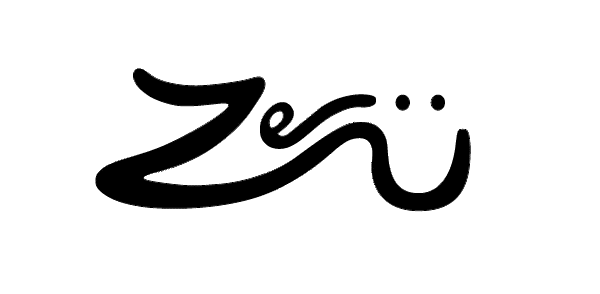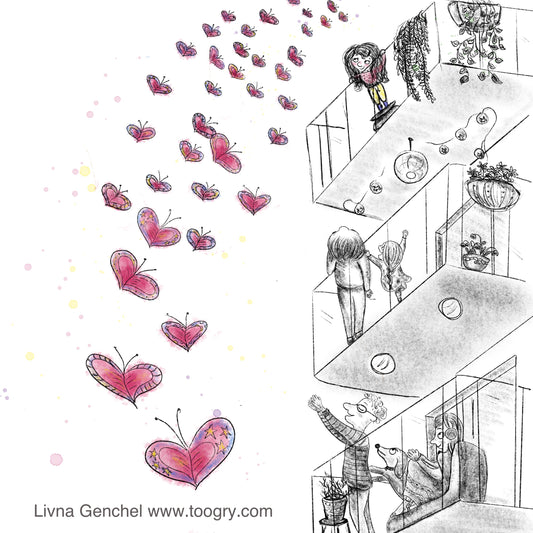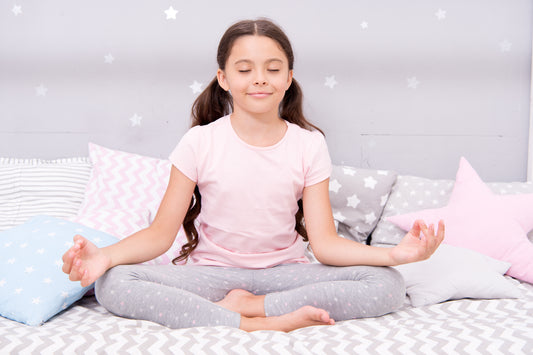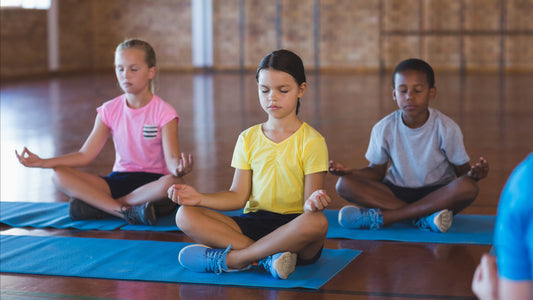Self-regulation is a vital skill that allows toddlers to navigate their emotions, manage stress, and maintain a sense of calm. While it may seem challenging for young children to grasp this concept, breathing exercise cards provide a valuable tool to support their journey towards self-regulation. In this blog post, we will explore the profound benefits of breathing exercise cards and how they can empower toddlers to learn the art of self-regulation.
10 Reasons to use Breathing Exercise Cards with your Toddlers:
-
Promoting Mindful Awareness: Breathing exercise cards introduce toddlers to the concept of mindful awareness. By engaging in simple breathing techniques like deep belly breathing or balloon breaths, toddlers learn to focus their attention on the present moment. This heightened awareness helps them recognize their emotions and triggers, paving the way for effective self-regulation.
-
Calming the Body and Mind: Deep, intentional breathing has a profound calming effect on the body and mind. Breathing exercise cards guide toddlers through specific techniques, such as "bee breath" or "flower breath," which encourage slow, controlled breathing. As toddlers practice these exercises, they experience a reduction in stress, anxiety, and restlessness, allowing them to regain a sense of balance and tranquility.
-
Enhancing Emotional Regulation: Toddlers often struggle with emotional outbursts and meltdowns due to their limited ability to regulate their emotions. Breathing exercise cards provide a tangible method for toddlers to regain emotional control. By teaching them techniques like "candle breath" or "cloud breath," toddlers learn to pause, take a breath, and respond to challenging situations with greater composure.
-
Developing Body Awareness: Breathing exercise cards promote body awareness in toddlers. As they engage in different breathing techniques, toddlers become attuned to the physical sensations in their bodies. They learn to identify tension, notice changes in their heart rate, and understand how their breath impacts their overall state of being. This heightened body awareness empowers them to regulate their emotions more effectively.
-
Cultivating Self-Soothing Strategies: Breathing exercise cards offer toddlers a repertoire of self-soothing strategies. By practicing techniques like "bunny breath" or "wave breath," toddlers discover healthy coping mechanisms to calm themselves during moments of distress. This newfound ability to self-soothe not only helps toddlers regulate their emotions in the present but also equips them with lifelong skills for managing stress in the future.
-
Strengthening Focus and Attention: Engaging in breathing exercises requires toddlers to concentrate and focus their attention. Breathing exercise cards guide toddlers through structured techniques, such as "star breath" or "box breath," which encourage rhythmic breathing patterns. This focused attention improves concentration and attention span, supporting toddlers' ability to engage in tasks and activities more effectively.
-
Empowering Autonomy and Independence: Breathing exercise cards empower toddlers to take control of their emotions and well-being. As they practice breathing techniques independently, toddlers develop a sense of autonomy and self-reliance. They gain confidence in their ability to regulate their emotions, knowing that they have a powerful tool at their disposal whenever needed.
-
Encouraging Positive Parent-Child Bonding: Introducing breathing exercise cards to toddlers creates opportunities for positive parent-child bonding. As parents guide their toddlers through these exercises, they establish a safe and nurturing environment for open communication and shared experiences. This shared practice fosters trust, connection, and a sense of security for toddlers, further supporting their self-regulation journey.
-
Transferring Skills to Daily Life: The skills learned through breathing exercise cards are transferable to various aspects of a toddler's daily life. As toddlers become more proficient in self-regulation, they can apply these techniques during challenging moments, transitions, or before sleep. Breathing exercises become an integral part of their toolkit for navigating life's ups and downs.
-
Building Resilience and Emotional Intelligence: By incorporating breathing exercise cards into their daily routine, toddlers develop essential life skills such as resilience and emotional intelligence. They learn to recognize and manage their emotions effectively, adapt to changing circumstances, and bounce back from setbacks. These qualities lay the foundation for healthy emotional development and pave the way for lifelong well-being.
Introducing breathing exercise cards to toddlers is a powerful investment in their emotional development and self-regulation skills. By embracing these techniques, toddlers gain invaluable tools to navigate their emotions, calm their minds, and foster a sense of balance and well-being. Let's empower our little ones with the gift of self-regulation, helping them build a solid foundation for a happy, healthy, and emotionally resilient future.
Ever wonder at what age kids can start meditating?
To learn more about how mindfulness and meditation can nurture your kids inner calm, visit our blog.




